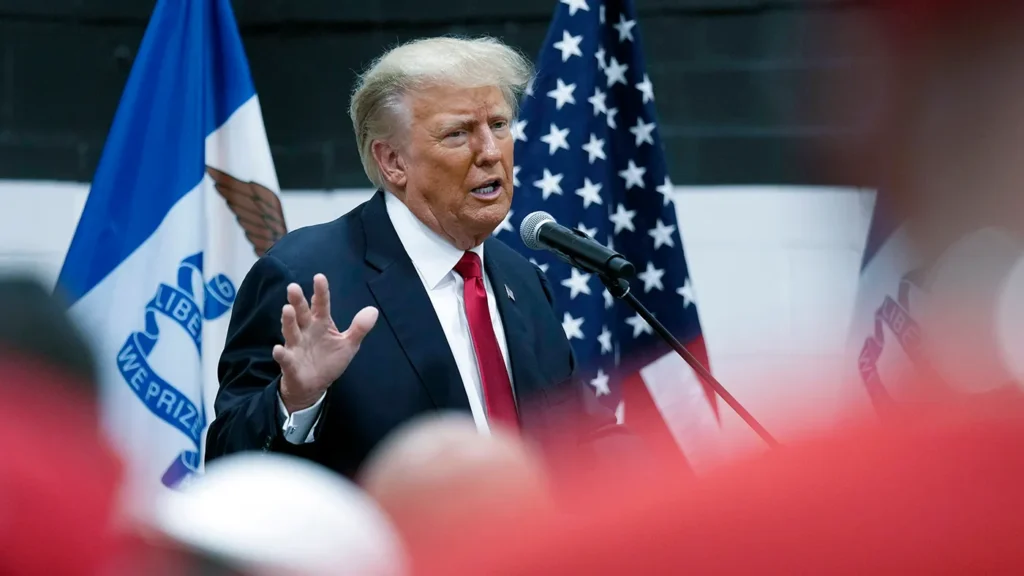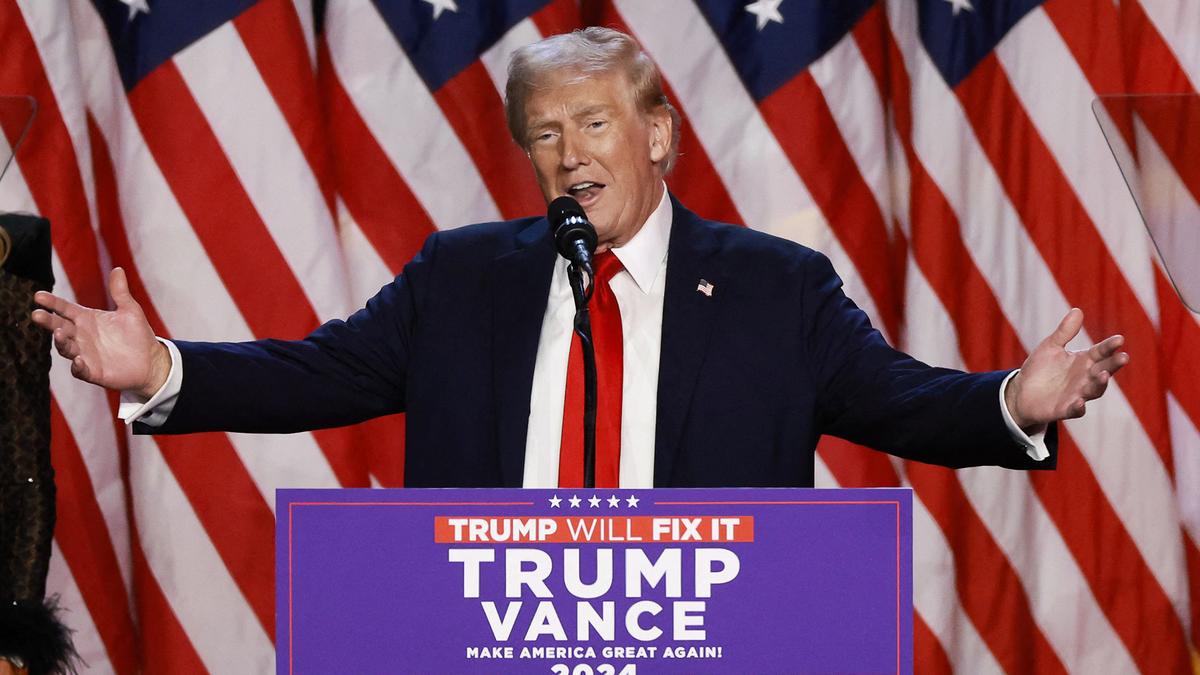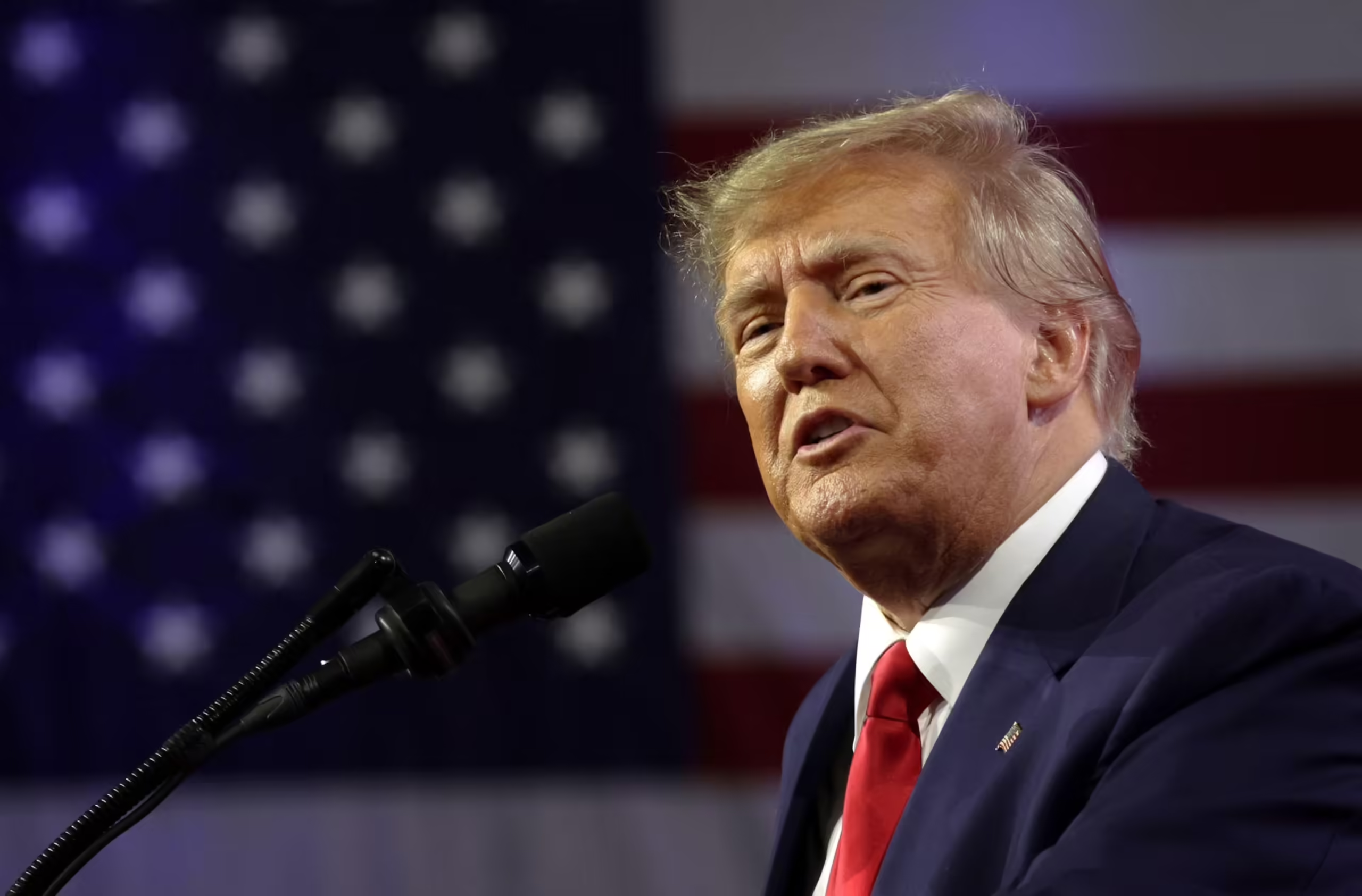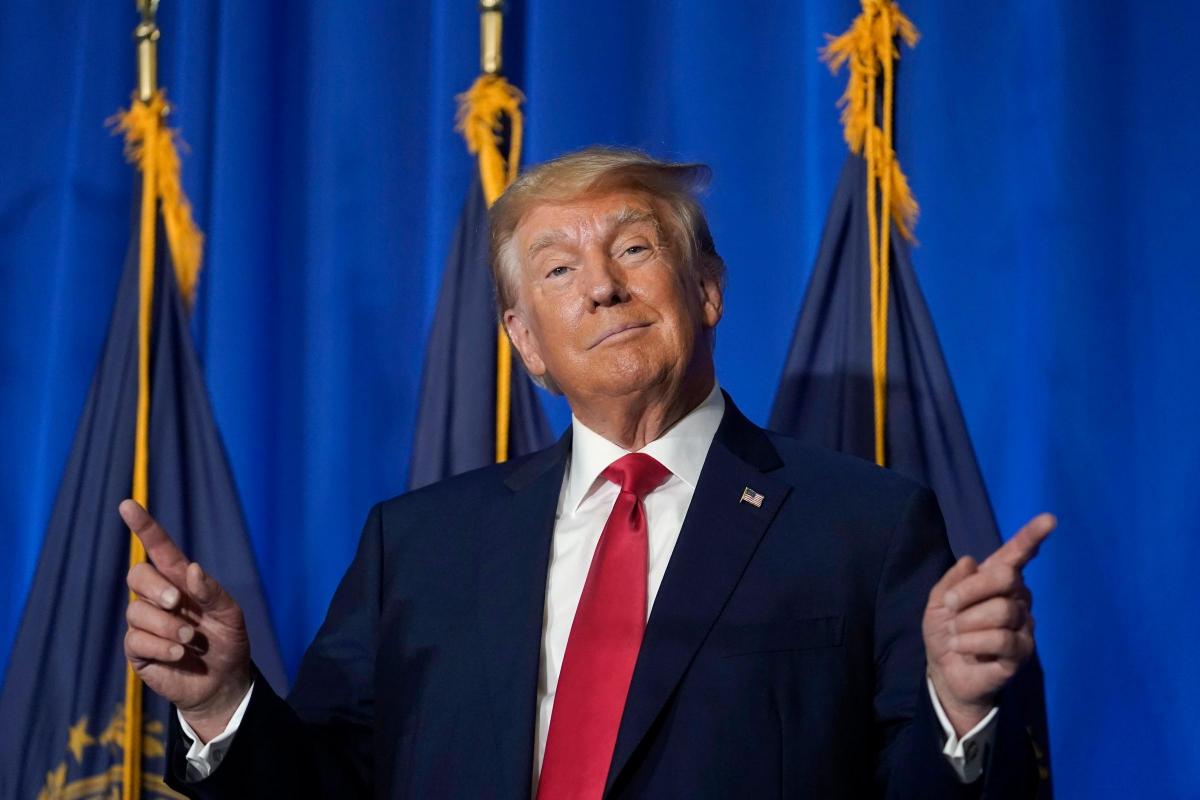
In a significant development within the U.S. legal and political landscape, a federal appeals court has recently put a hold on the appeal concerning former President Donald Trump’s handling of classified documents. This pause, requested by Special Counsel Jack Smith, comes as Trump transitions from president-elect to President, a shift that is poised to reshape the ongoing legal proceedings against him.

A Strategic Delay
Jack Smith, spearheading two major cases against Donald Trump, cited the need for this pause to fully assess the implications of Trump’s re-election on the cases at hand. The classified documents case, alongside a federal election interference case, faces a temporary halt due to a Department of Justice policy. This policy traditionally shields a sitting president from criminal prosecution while in office, putting Smith’s efforts in a precarious position.
Unprecedented Circumstances
Trump’s unique situation—being elected president while facing serious legal charges—is unprecedented in American politics. “As a result of the election held on November 5, 2024, one of the defendants in this case, Donald J. Trump, is expected to be certified as President-elect on January 6, 2025, and inaugurated on January 20, 2025,” stated the filing. This has led to a complex legal scenario where the timelines and strategies of judicial proceedings may need to be adjusted.

The Charges and the Court’s Response
The backdrop of this pause is a series of serious allegations against Trump, who last year pleaded not guilty to 40 criminal counts related to his possession and handling of classified documents post-presidency. The accusations detail how Trump allegedly retained hundreds of classified documents and obstructed federal efforts to retrieve them. Despite these charges, Judge Aileen Cannon, a Trump appointee, ruled this summer to dismiss the case, deeming Smith’s appointment as special counsel unconstitutional—a decision that has since been appealed by prosecutors to the Eleventh Circuit.
What’s Next?
With all legal proceedings now on hold until at least December 2, the government takes a step back to reassess its approach under these novel conditions. This delay not only speaks to the complexities of prosecuting a soon-to-be sitting president but also underscores the broader implications for justice and presidential accountability in the United States.

As the country waits for the next developments, the intersection of law and politics continues to stir robust debate and scrutiny, spotlighting the enduring question of how America balances the scales of justice with the realities of its highest office. With the inauguration looming and legal strategies unfolding, the nation remains on edge, watching closely as this historic scenario unfolds.
